Stephen and Chacke Scallen Lecture in Human Rights
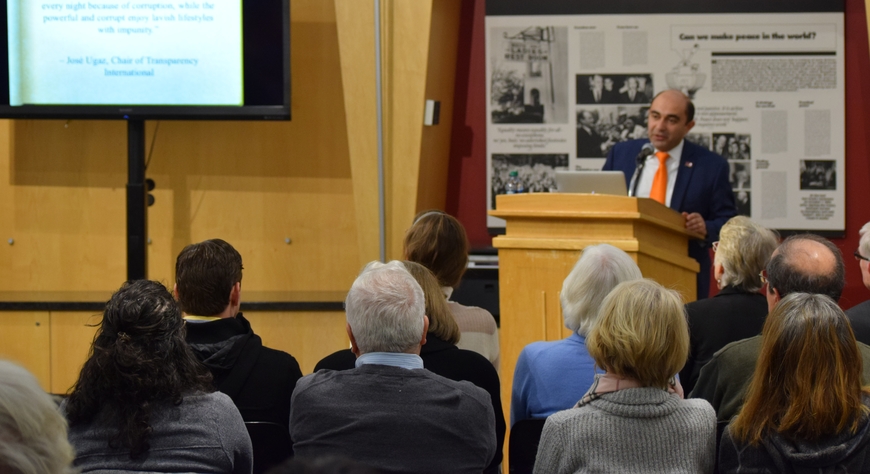
The Human Rights Program established the annual Scallen Lecture Series “Principled Voices” as a means of highlighting leaders and thinkers who distinguish themselves by carrying out their passion for human rights, cultural awareness, democratic principles, fairness, and dignity, often at great odds and great personal risk.
The series was established through a generous gift from Stephen and Chacke Scallen with a particular emphasis on exploring the erasure of cultures and understanding the role of corruption in human rights violations, including corruption of the government, businesses, churches, and other institutions.
The inaugural Scallen Lecture in 2017 featured Edmon Marukyan, a member of the National Assembly of the Republic of Armenia and Chairman of the Council of Bright Armenia oppositional party. Mr. Marukyan set the tone for subsequent lecture events, speaking openly about his professional and personal challenges of fighting government corruption and advocating for human rights and a strengthened civil society within Armenia.
Scallen Lecturers
2024: Freedom of Expression in the Middle East
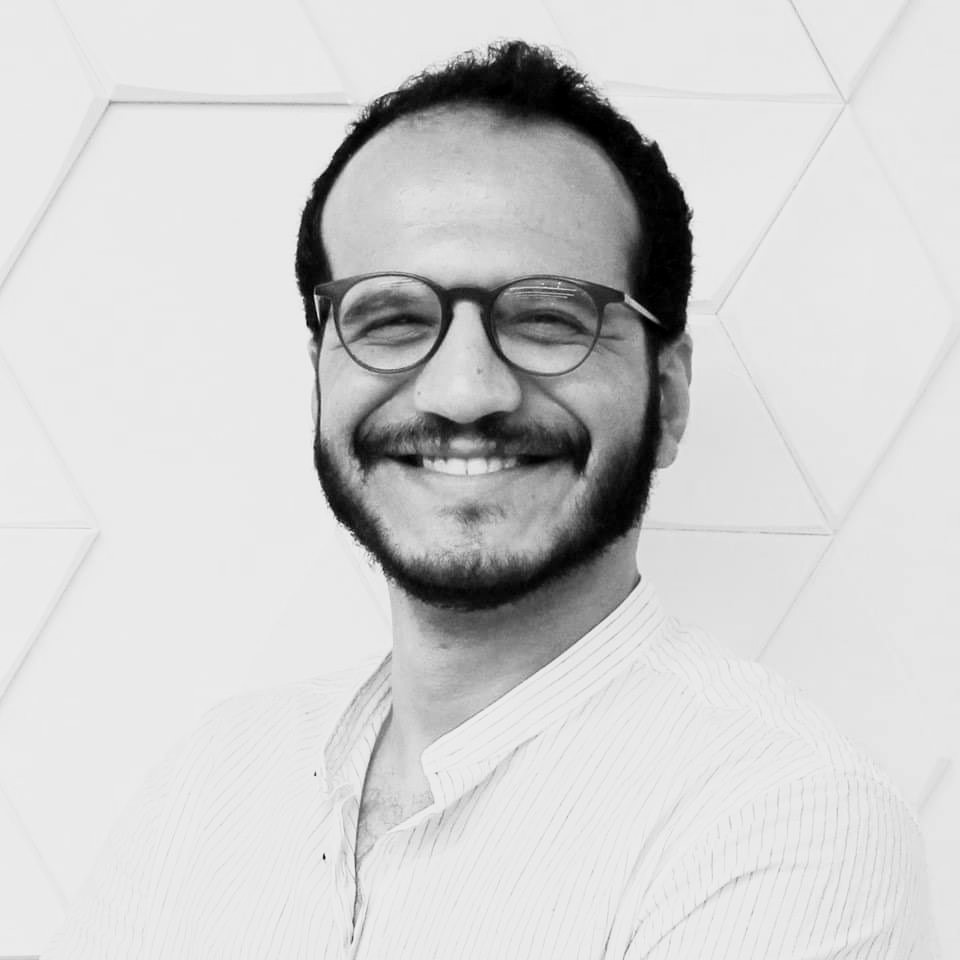
The Human Rights Program invited human rights defender and Human Rights Program alumnus Mohamed Mandour, a researcher at the Committee to Protect Journalists, to discuss threats to press freedoms and freedom of expression in the Middle East and worldwide. During the Arab Spring in the early 2010’s, the Internet and social media became essential tools in organized struggles against authoritarian regimes in the Middle East and North Africa (MENA) region. Today, these tools have become instruments of oppression by authoritarian governments, who have expanded their repression domestically and exported it beyond their borders - targeting critics, academics, and journalists residing abroad. The result is increased restrictions on global press and academic freedoms, creating a chilling effect on global freedom of expression.
2023: The Weaponization of Food
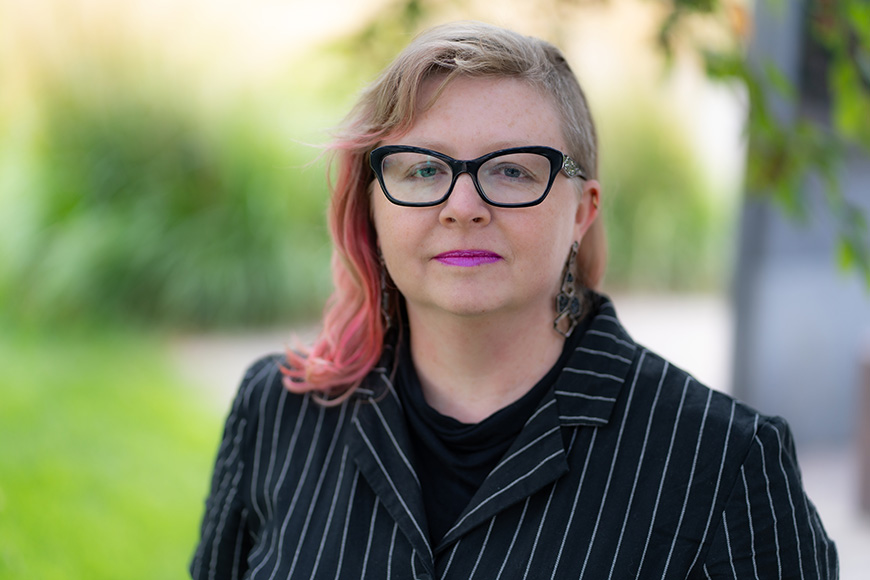
The Human Rights Program partnered with the Center for Holocaust and Genocide Studies for a discussion with Visiting Professor and Genocide Scholar, Melanie O’Brien, President of the International Association of Genocide Scholars and author of the book, From Discrimination to Death: Genocide Process through a Human Rights Lens. The program discussed the way that food is weaponized, and how starvation has been used as a tool of genocide in the Armenian Genocide and during the Holocaust as a way of contextualizing its use as a tool of destruction in Nagarno-Karabakh and Tigray. Members of impacted communities shared emotional first-hand testimony of the humanitarian and human rights implications for their communities.
2021: Reporting on Disappearances in Mexico
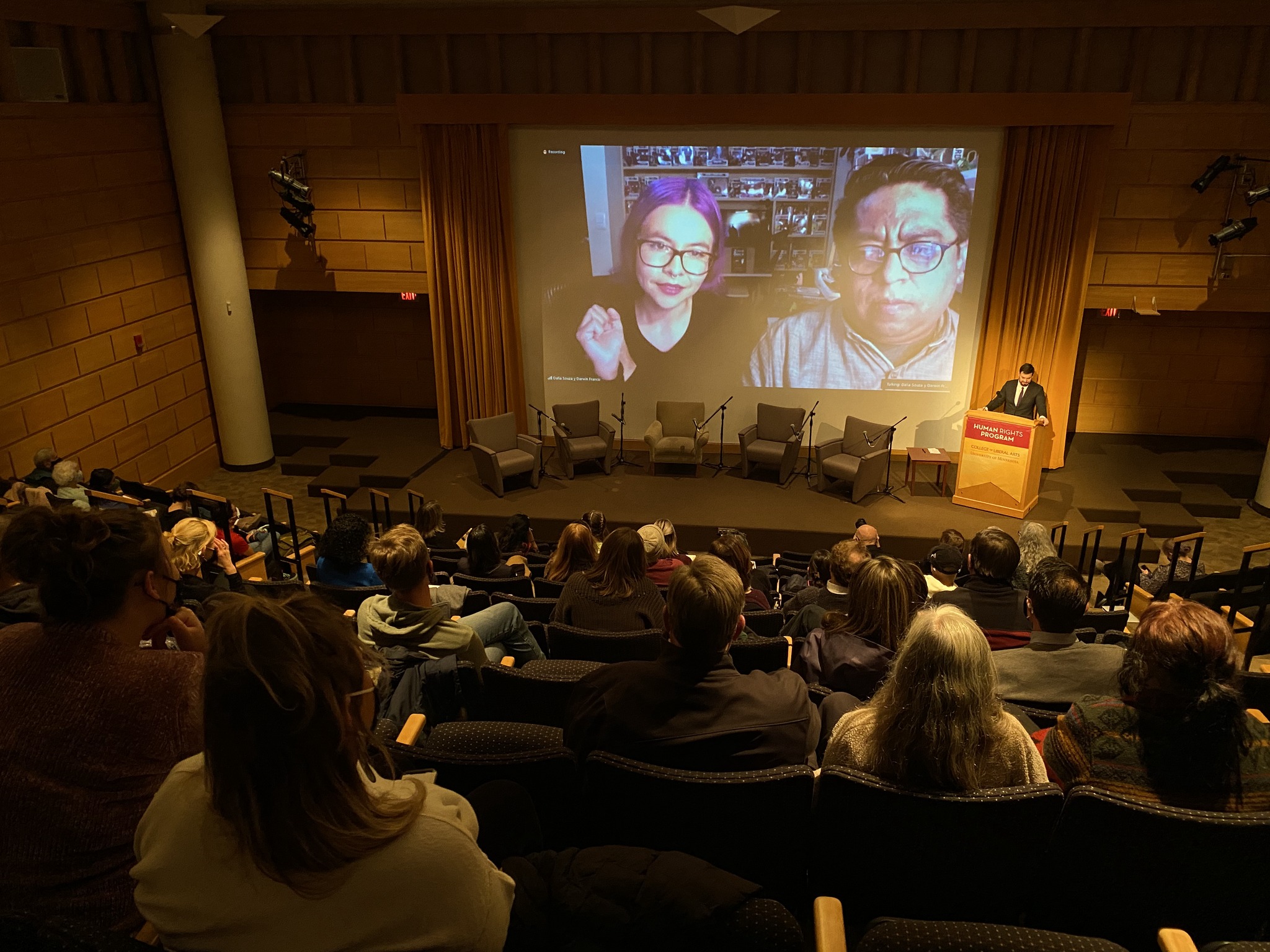
The Human Rights Program hosted a screening of the film, “Until We Find Them,” an award-winning documentary about the crisis of enforced disappearances in Mexico. The documentary centers around journalists Darwin Franco and Dalia Souza and their intrepid commitment to the victims of enforced disappearance despite the constant risks posed to their lives and livelihood. The film screening was followed by a virtual appearance by Franco and Souza.
2019: Indigenous Peoples Need a Say on the Environment
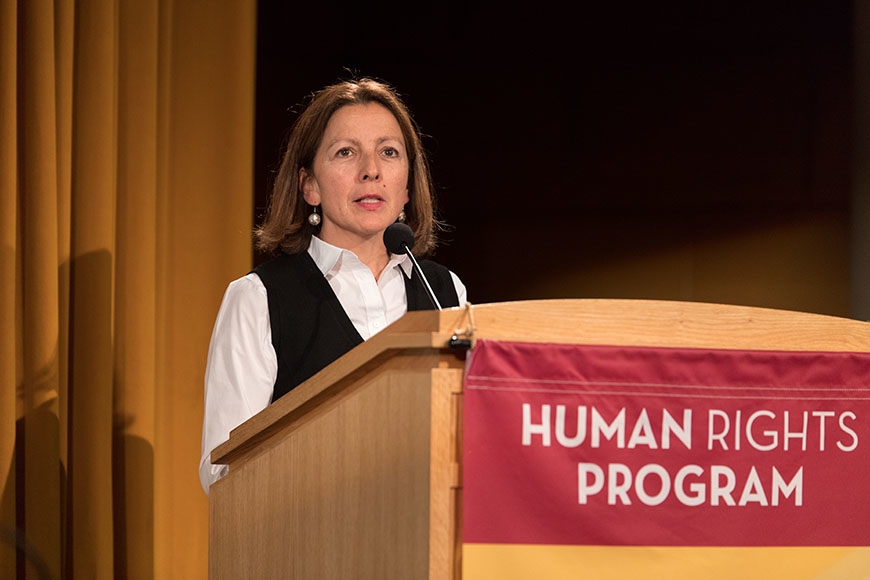
Kathleen Padulo, Director of Environment of the Chiefs of Ontario (COO) and member of the Oneida Nation of the Thames, brought her message of the critical need for Indigenous Peoples having a say on environmental issues to the University community. Rooted in her experience advocating for safe drinking water and other environmental rights and protections in Ontario's 133 First Nations, Padulo talked about the many regulatory gaps, lack of legal protections, and disregard for treaty rights that have led some First Nations communities to have water boil advisories for more than 20 years. Padulo spoke about Indigenous Peoples’ intimate connection to land and water, viewing the health of the physical environment as synonymous to the health of their communities.
2018: Protecting the Press in Myanmar (Burma)
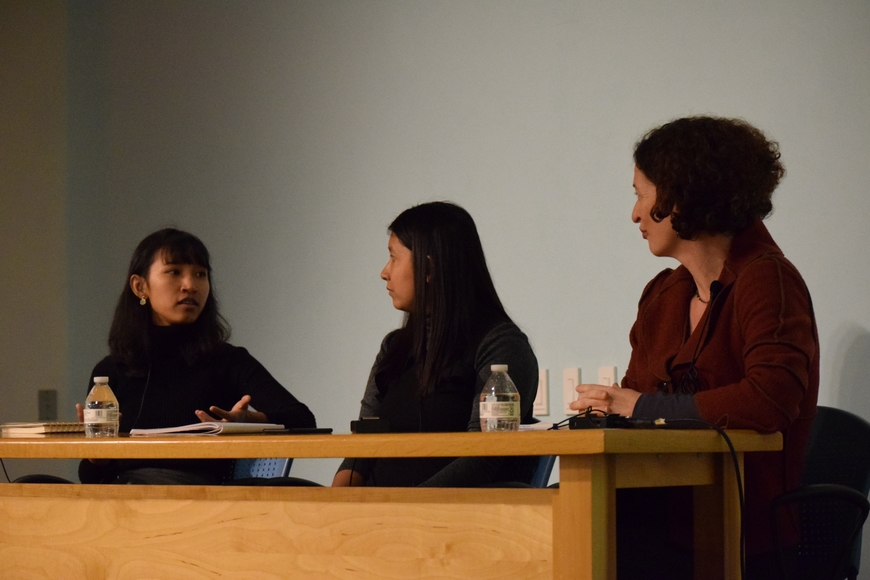
The 2018 Scallen Lecture convened a panel featuring Esther Htusan, a Pulitzer-Prize winning journalist from Myanmar and a 2019 Nieman Fellow for Journalism at Harvard University; Karin Deutsch Karlekar, Director of Free Expression at Risk Programs for PEN America; and Eaint Thiri Thu, a film producer, human rights researcher, and Fulbright scholar at the University of Minnesota pursuing a Master of Human Rights degree. The panel discussed threats to press freedom in Myanmar, and how the government and military elites perpetuate dehumanizing narratives in relation to the Rohingya crisis and human rights abuses. The panelists also explored questions of how best to protect press freedom and the implications for the future of the country.
2017: Fighting Corruption and Advocating for Human Rights in Armenia
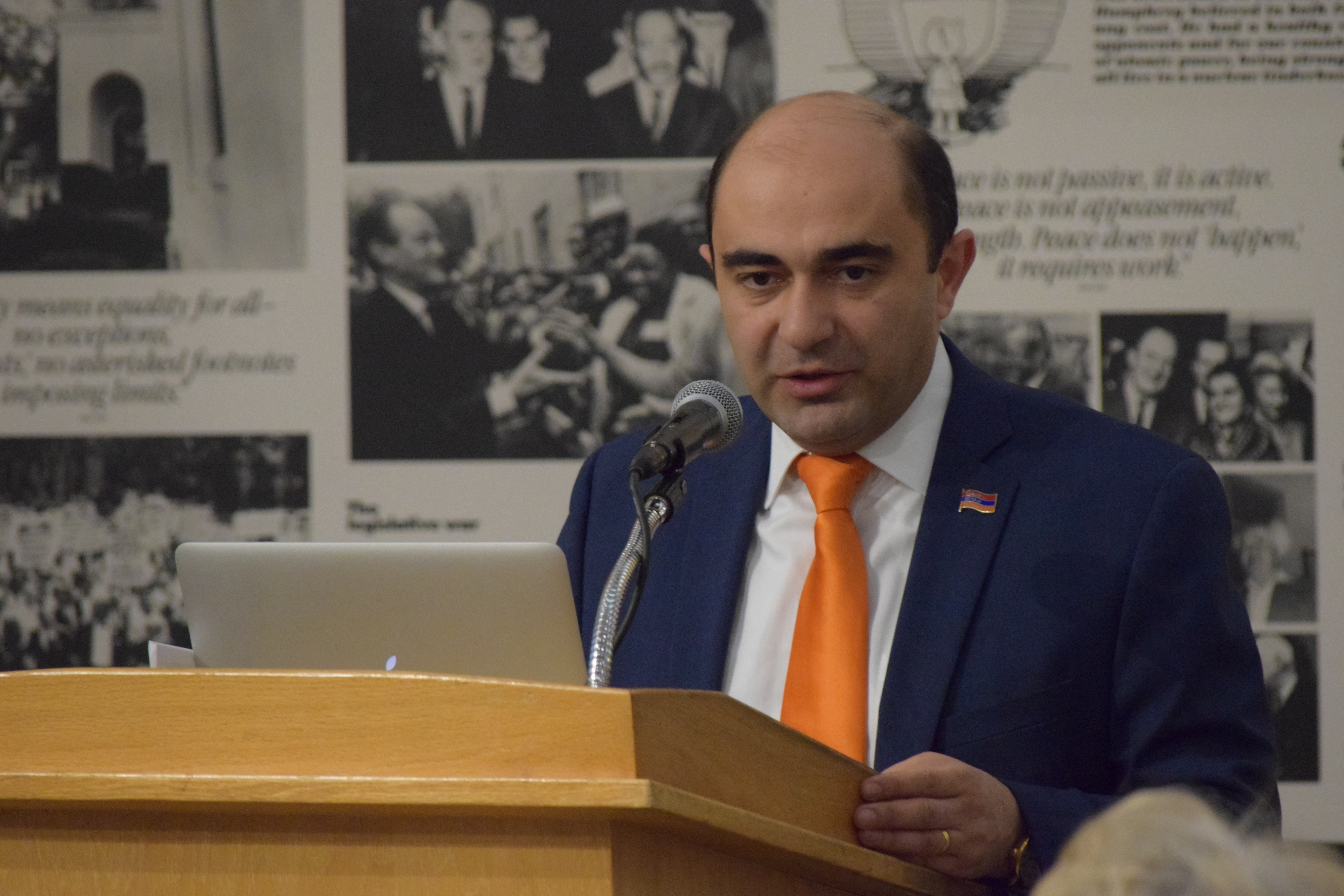
The inaugural Scallen Lecture in 2017 featured Edmon Marukyan, member of the National Assembly of the Republic of Armenia and Chairman of the Council of Bright Armenia opposition party. Mr. Marukyan set the tone for subsequent lecture events, speaking openly about his professional and personal challenges of fighting government corruption and advocating for human rights and a strengthened civil society within Armenia.